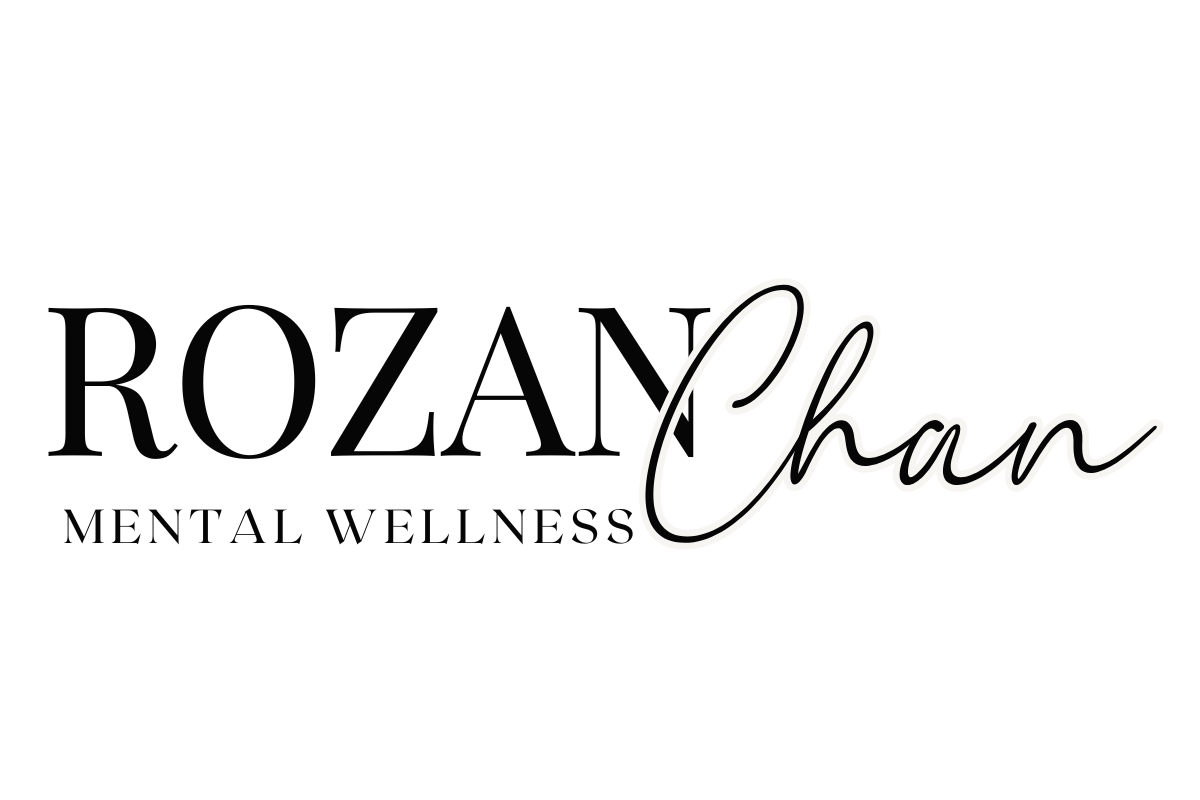I remember when I was small, I did not like to answer the question from my family and teachers: What would you like to do after you grow up? The question behind this is to discover what ideal job I prefer. This could be a good exploration question, but it may not be as meaningful as expected. We’ve been told that success comes from having a solid and well-prepared plan — whether it’s acting on your career goals or carefully developing your life’s path. Our society consistently emphasizes that planning is the key to achieving a stable and fulfilling life.
But many people, especially those unhappy in their current jobs or seeking to change career path, are finding that rigid planning often leads to disappointment, stress, and frustration. Can we really plan a career and lives with absolute certainty? If we follow our plan to achieve our desired job, is it a final destination? Or is there more value in being open to change and opportunity?
The Reality of Constant Change
Whether it’s external factors like technological emergence or economic development, or internal changes like our personal values, interests, and skills, nothing stays the same. The career you thought was perfect for you three years ago may not align with who you are today. External changes, such as industry shifts or new trends, can also push us away from the original plan.
For example, we’ve seen how entire industries and our lifestyles have been transformed by advanced technology. Automation and artificial intelligence are redefining job markets, while new fields like data science and digital marketing have emerged to have great impacts on our daily lives. When we hold onto a rigid career plan in this evolving environment, it is risky and can limit our potential to unleash when opportunities arise.
Life is always changing, and so are we.
By acknowledging that change is crucial — both in ourselves and in the world around us—we can approach our careers with flexibility and openness, positioning ourselves to adapt rather than resist.
The Limitations of Traditional Life and Career Planning
Traditional career planning emphasizes the need to outline your entire path, from education to retirement. Match your traits and skills to a specific job, in this way, we can get a “perfect” job. We tend to feel frustrated when things don’t go as planned. As a result, a sense of losing control impacts negatively on our mental health, and leads to self-doubt and anxiety. Life seldom unfolds in a straight line. If we stick to rigid goals, without flexibility, it can cause stress, anxiety, or a feeling of being stuck even if those goals no longer serve us.
One of the most common frustrations is the pressure to meet societal expectations—getting a stable job, advancing on a predictable career path, or hitting certain life milestones. When people cannot meet these expectations, they often question themselves, feeling a sense of failure even if the “plan” simply no longer fits their changing needs.
Planned Happenstance: The Power of Unplanned Events
In contrast to traditional career planning, John Krumboltz’s Planned Happenstance Theory offers a refreshing perspective: not everything needs to be planned. Indeed, unanticipated events and opportunities often lead to positive career outcomes. This theory emphasizes the importance of embracing the unknown and being prepared for unplanned events that could shift your career in a new direction.
Krumboltz’s theory encourages individuals to develop certain skills and attitudes that help them take advantage of these unexpected opportunities. Let’s look at these key attitudes that can help you develop a career in an ever-changing world.
Four Key Attitudes for Career and Life Development
-
Flexibility: The ability to adapt to changing situations is important, especially since our internal and external environment is constantly evolving. Flexibility allows you to adjust your plans when necessary. If this way no longer fits your needs, you are open to new ways.
-
Resilience: Change often comes with new challenges, but resilience helps you recover and continue moving forward. Whether you’re rejected in several rounds of interviews in a job transition, you hold a different perspective regarding the challenges. As such, you view these challenges as “learning opportunities” rather than “roadblocks”.
-
Curiosity: A sense of curiosity encourages you to explore new fields, skills, or sectors, even if they weren’t part of your original plan. Sometimes, the most rewarding career shifts happen when we allow ourselves to follow our interests, rather than stick rigidly to predefined goals. Without curiosity, we will hardly allow ourselves to experience personal growth.
-
Open-mindedness: Being open to unplanned events, such as unexpected job offers, industry changes, or personal changes, can lead to unexpected success. Sometimes the best career opportunities are the ones we don’t plan for.
Rather than trying to map out your entire career or life path with absolute certainty, consider adopting a more adaptive approach. This doesn’t mean you shouldn’t set career and life goals; rather, it means being open to adjusting those goals when new opportunities or challenges arise. Meanwhile, you are flexible and open-minded to welcome unlimited new possibilities.
Career planning, together with flexibility and resilience in mind, can serve as a guide rather than a rigid roadmap.
It’s okay to not have everything planned — what matters is being adaptable and ready for whatever life brings your way.
It is reasonable to create detailed plans for life and career, but the reality is that change is constant, and strict plans often lead to frustration. With the attitudes of flexibility, resilience, and curiosity, we can approach our careers with openness. Remember, career development is a journey. There is no final destination. Enjoy the process, and you will gain more than what you expect.
If you’d like to chat with a professional career and life development facilitator, you can book a free introductory call anytime!

